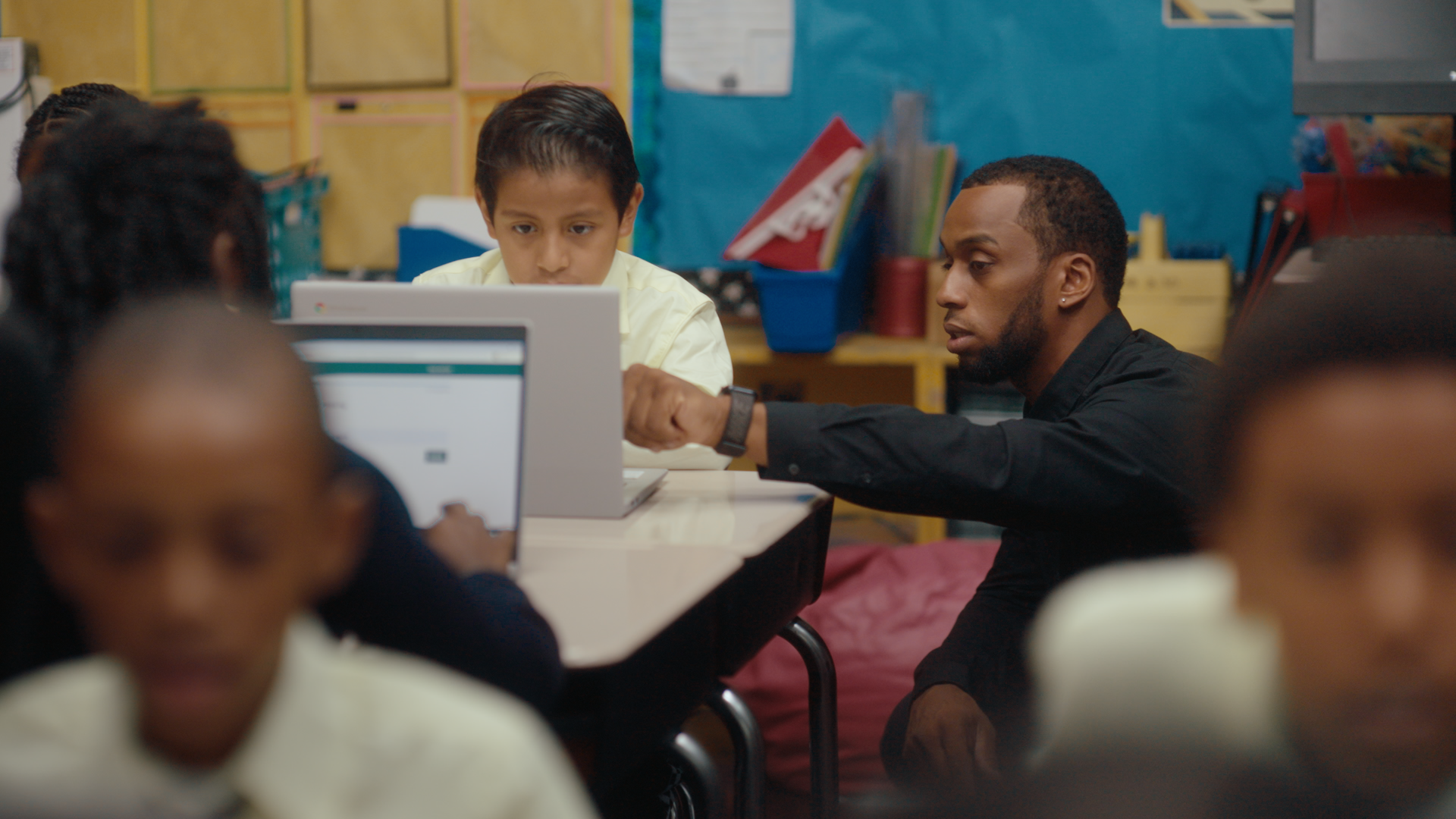Today, 88% of all low-income students are not proficient with basic writing skills, which is a huge barrier to entry in terms of success in college and career development. This issue is exacerbated by the lack of time students get to practice writing and receiving feedback. On average, students spend just 15 minutes practicing writing every week because it's so time-intensive for teachers to offer feedback.
Quill.org, a nonprofit founded by a group of educators and technologists, is on a mission to make kids better writers, readers, and critical thinkers. Since 2014, they’ve been developing a suite of tools to do just that. Most recently, with the help of a $1.3 million grant from Google.org, Quill.org developed Reading for Evidence, which uses AI to give students immediate feedback on writing and reading comprehension and saves teachers hundreds of hours every year.
